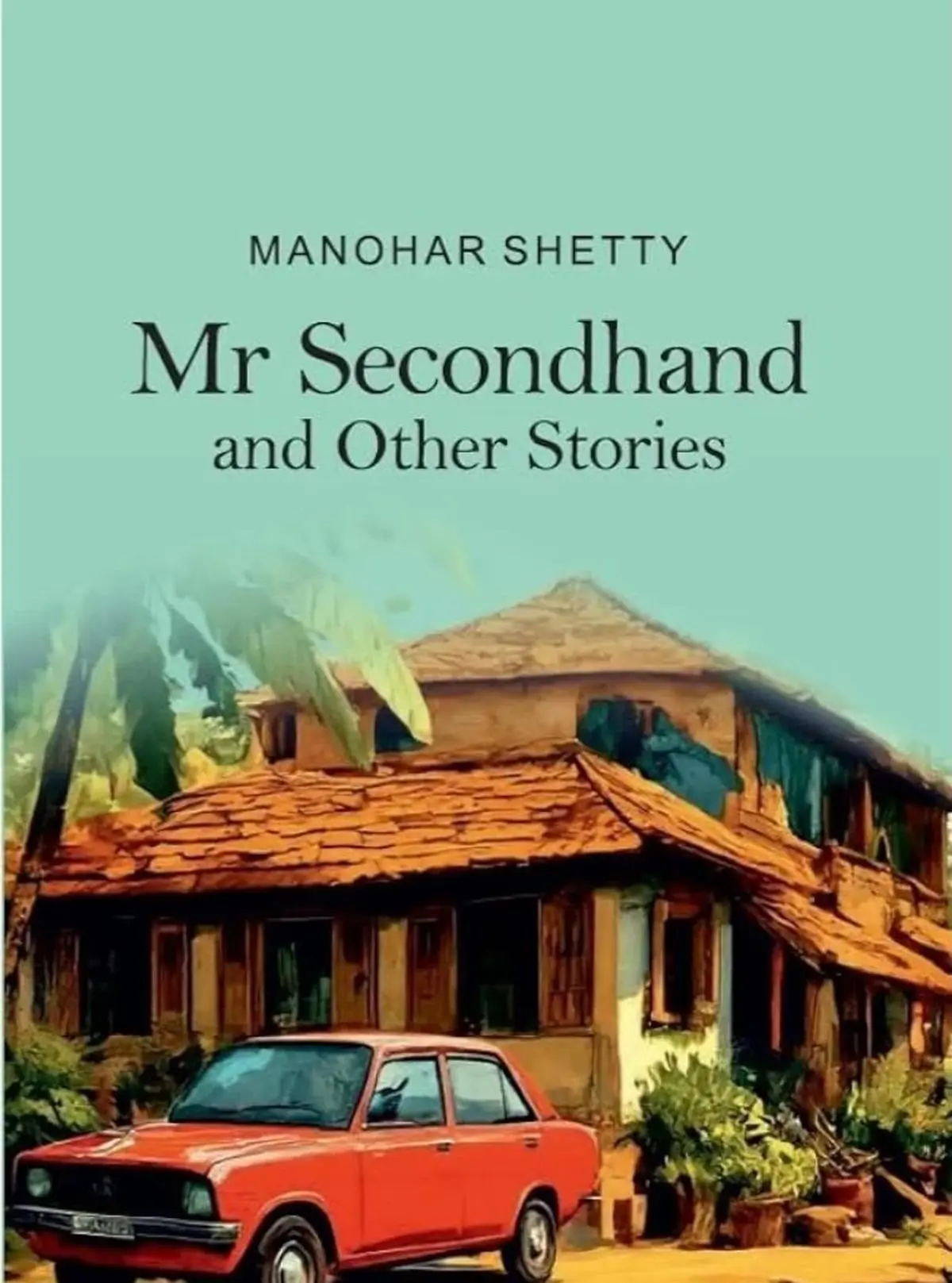When her older brother Mario was killed in an accident at an oilwell in Oman, Serena received condolences from all the residents of St. Jerome’s. Most of them had never met Mario, and the few who had, recalled him as a quiet, withdrawn but hardworking young man. Serena, a secretary with a mining company, had never been close to her older brother, and in fact hadn’t met him for close to seven years, but she accepted the words of sympathy and commiseration with a suitable display of teary grief. Her husband Nixon, from a prominent family in Salcete, who had actively disliked Mario, displayed a similar veneer of regret. When visitors called, he recalled the sterling virtues of Mario. “More than a brother-in-law, he was like a brother to me,” he said, dabbing his dry eyes with a white handkerchief.

Apart from dabbling in low level municipal politics and cadging money from his aging mother, Nixon did nothing else, though he always pretended to be busy. Even with all those idle hours on hand, he told Serena he could not accompany her to Oman as he had to attend a crucial meeting of office bearers where he believed he could win the coveted post of a municipal councillor. Serena, Mario’s last surviving relative, left for Oman, grumbling about the leave she had been forced to take and trying to recall when she had last met Mario. At the airport in Muscat she was warmly received by two of Mario’s closest friends who drove her to the oil company’s plush guest house when Serena declined to stay at her brother’s flat.
After the funeral service the following evening at the St. Peter and Paul Catholic Church in Ruwi, Serena met her late brother’s other friends and colleagues besides his Arab bosses, who were both polite and sympathetic, extending the company’s full support.
That support and compensation package turned out to be quite substantial in the form of a draft made payable to her. Serena could not quite believe the sum when she converted the dinars into rupees on her cellphone calculator.
When Mario’s two friends took her to his flat, her incredulity grew when she saw all her brother’s possessions which now belonged to her: the two-door refrigerator, the leather-bound sofa set, the Henkel-Harris chairs, the Royal Worcester and Spode crockery and cutlery, the Philips sound surround system, the Sony TV and DVD player, a Blackberry cellphone, an SLR camera and an assortment of other electronic products.
Unable to suppress her excitement, she asked one of her brother’s friends if Mario also had a car. She bit down on her lip when he said that Mario, like most of the other employees, hadn’t needed one as the company bus and fleet of cars was all that they used or needed. Still, her heart lifted a little when he told her that Mario’s bank manager had asked her to contact him.
The bank manager, also an Indian, was polite and solicitous. And her eyes widened when he revealed the substantial amount her brother had saved. She felt a posthumous love for her brother grow as the manager totted up the figures in Mario’s savings account, his fixed deposits left to her as the sole survivor and more riches in the form of share certificates and debentures.
The company made all the arrangements to ship his personal effects to her house in St. Jerome’s and after a couple of days of uninhibited shopping in the grand malls of Oman crisscrossed by escalators and lined with plush, glass-fronted shops, Serena flew back to Goa where an excited Nixon picked her up at the airport. His first remark to her was: “I hope the shipping company doesn’t damage any of our stuff.”
The stuff arrived by truck from Mormugao harbour within the promised three weeks, customs cleared and professionally packed in foam-lined cartons. And though it was nearing nightfall, Serena and Nixon eagerly tore open all the boxes, their eyes sparking like flintstones as each possession came into view. They carefully inspected all their belongings, now spilling out beyond their ground floor flat into the gateway.
It was past midnight when they sank into their new sofa, exhausted but euphoric, till it occurred to Nixon that there was something missing.
“No AC?” he asked Serena.
“No. That belonged to the company.”
“So what? They could have given it as a parting gift,” said Nixon.
“Yeah. But they didn’t. Bloody Arabs,” Serena said.
Selected by Mini Krishnan
Reproduced courtesy of Copper Coin
Illustrations by Siddharth Sengupta
Source:https://frontline.thehindu.com/arts-and-culture/literature/manohar-shetty-oman-india-inheritance-grief-family-short-story/article69426831.ece

